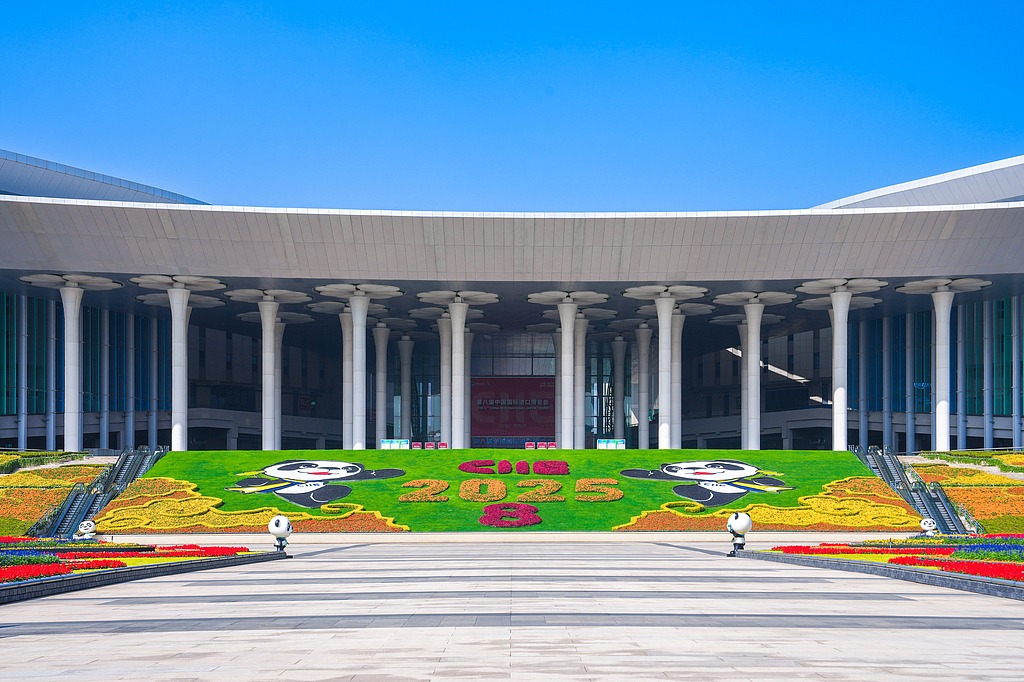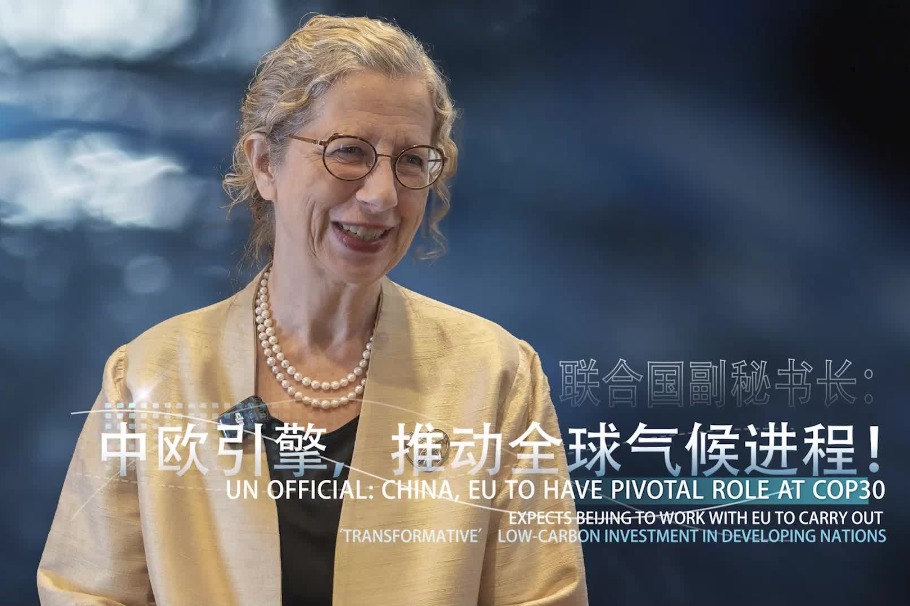Tsai blind to fruits of cross-Straits exchanges


Taiwan's main opposition Democratic Progressive Party, DPP, Chairperson Tsai Ing-wen speaks during a press conference in Taipei, Taiwan, April 15, 2015. [Photo/IC]
Upholding the one-China policy, Beijing will continue to promote peaceful development across the Straits and advance the peaceful national reunification process, said Zhang Zhijun, head of the Taiwan Affairs Office of the State Council at a "ministers' passage" on March 5 during the ongoing two sessions. China has the confidence and capability to stop any scheme or activity promoting "Taiwan independence", Zhang added.
Forty years of reform and opening-up in the mainland have provided a big market for and nourished a large number of Taiwan corporations such as Foxconn, Want Want Holdings, Uni-President Enterprises Corporation and Tingyi (Cayman Islands) Holding Corporation. This win-win cooperation has also contributed to the economic prosperity of both sides of the Straits.
With socialism with Chinese characteristics entering a "new era", the rise of the mainland will create more opportunities for ordinary Taiwan residents, instead of just big enterprises, to enjoy the fruits of cooperation between the two sides.
On Feb 28, the Taiwan Affairs Office of the State Council and the National Development and Reform Commission unveiled 31 measures offering equal treatment to people on both sides of the Straits. Covering a wide range of fields, including industry, finance, taxation, land use, employment, education, culture and healthcare, 19 of the 31 measures are aimed at ensuring Taiwan residents enjoy the same treatment as their mainland compatriots when they pursue studies, do business, work or live on the mainland. The other 12 measures relate to the equal treatment of Taiwan enterprises.
By further expanding cross-Straits cooperation and economic and cultural exchanges, the measures reflect Beijing's goodwill gesture to allow Taiwan compatriots to share the fruits of the mainland's development. The measures will attract more Taiwan compatriots to the mainland to improve their livelihoods and realize their economic dreams in the process of the great rejuvenation of the Chinese nation.
As Lu Li-an, a Taiwan delegate to the 19th Party Congress and professor at Fudan University, said, the measures also send a strong signal of good intent and political trust to Taiwan residents, by greatly removing many policy barriers for them to study or work on the mainland, and not only share the harvest of the mainland's rise but also contribute with their ingenuity and creativity to the rejuvenation of the Chinese nation.
Inspired by Lu's statement, an increasing number of Taiwan youths is heading to the mainland instead of following island leader Tsai Ing-wen's "new southbound policy" for personal development. The trend has jolted Tsai's Democratic Progressive Party, which has failed to create good opportunities for the youth.
But instead of correcting its ways, the DPP has been using all possible means since last year to obstruct cross-Straits exchanges and restrict the activities of Taiwan residents who succeeded in making a mark on the mainland. For example, the Tsai government directed the island police to arrest Wang Bing-chung, a young member of the New Party in Taiwan, for promoting communication between the two sides of the Straits. It has also deprived of Lu of her rights and threatened to impose criminal charges of endangering "national security" on many people who intend to study, work or do business on the mainland.
Such measures by the DPP have worsened cross-Straits relations and prevented many Taiwan residents from participating in cross-Straits exchanges, which has greatly angered people on both sides of the Straits.
While the mainland is committed to taking good care of Taiwan compatriots' interests by implementing specific and favorable policies, the Tsai government is still trying to scuttle cross-Straits exchanges and integration.
As the national reunification is the irresistible trend, any attempt by DPP supporters to seek "Taiwan independence" is doomed to fail. The DPP must remember that only by maintaining good cross-Straits relations can it win people's support and, most importantly, ensure the fundamental interests of Taiwan residents.
The author is a professor at the Institute of Taiwan Studies, Beijing Union University.


































